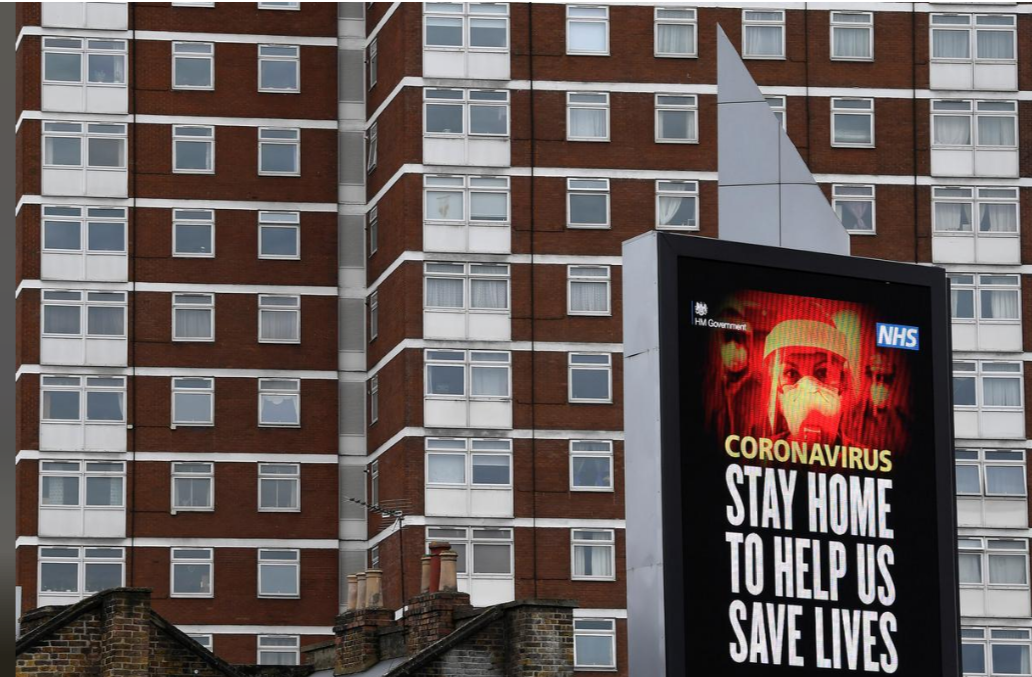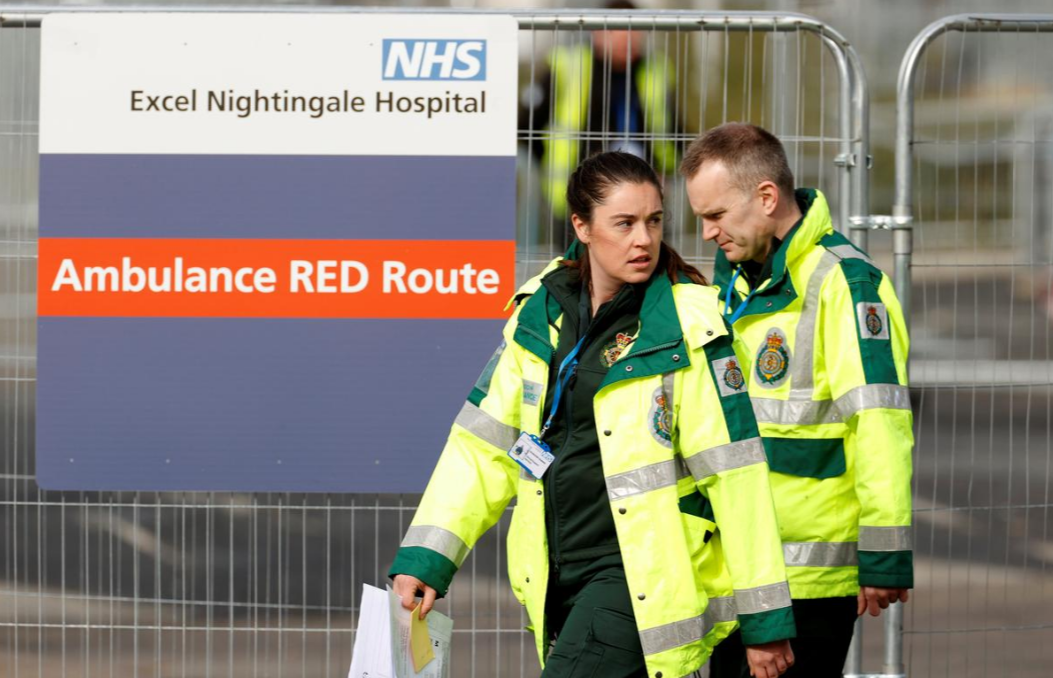
A UK government public health campaign message is displayed, London, April 2, 2020. /Reuters
A UK government public health campaign message is displayed, London, April 2, 2020. /Reuters
Britain's health minister promised a tenfold increase in the number of daily tests for coronavirus by the end of the month after the government faced criticism for failing to roll out mass checks for health workers and the public.
Appearing for the first time on Thursday since recovering from the virus himself and ending a period of self-isolation, Matt Hancock announced the new strategy to ramp up the UK diagnostics industry. The current number being conducted is about 10,000 a day.
Britain initially took a restrained approach to the outbreak but Prime Minister Boris Johnson changed tack and imposed stringent social distancing measures after modelling showed a quarter of a million people in the country could die. But Ipsos MORI poll showed that more than half of Britons think his government reacted to the epidemic too slow.
Johnson has himself tested positive for the virus and is now in self-isolation in Downing Street.
The number of coronavirus deaths across the United Kingdom rose to 2,926 as of April 1. The country has reported more than 34,000 confirmed cases.

Medical staff outside NHS Nightingale Hospital as the spread of the coronavirus disease continues, London, Britain, April 2, 2020. /Reuters
Medical staff outside NHS Nightingale Hospital as the spread of the coronavirus disease continues, London, Britain, April 2, 2020. /Reuters
The government's current worst case scenario envisages a death toll of 50,000 if self-isolation is not fully adhered to, but the country is not on course for a toll of that scale, a source familiar with emergency government discussions said.
Facing a barrage of questions on the testing issue, Hancock sought to explain why Britain was so far behind Germany, which is testing about 500,000 people a week. He said that unlike Germany, UK didn't have a huge diagnostics industry, ready and waiting when the crisis struck, adding that UK have to build the industry from a lower base.
Tests are seen as essential for fighting the virus and nursing the economy back to health by allowing those with immunity to return to work.
Hancock said the government was also looking at "immunity certificates" for people who have developed resistance, as part of planning on how to end the national lockdown, but he said more scientific research was needed.
Showing just how bad coronavirus could be for the economy, British Airways said on Thursday it was in talks about suspending 32,000 employees, while a survey showed that more than a quarter of British companies had reduced staff levels.
(With input from Reuters)